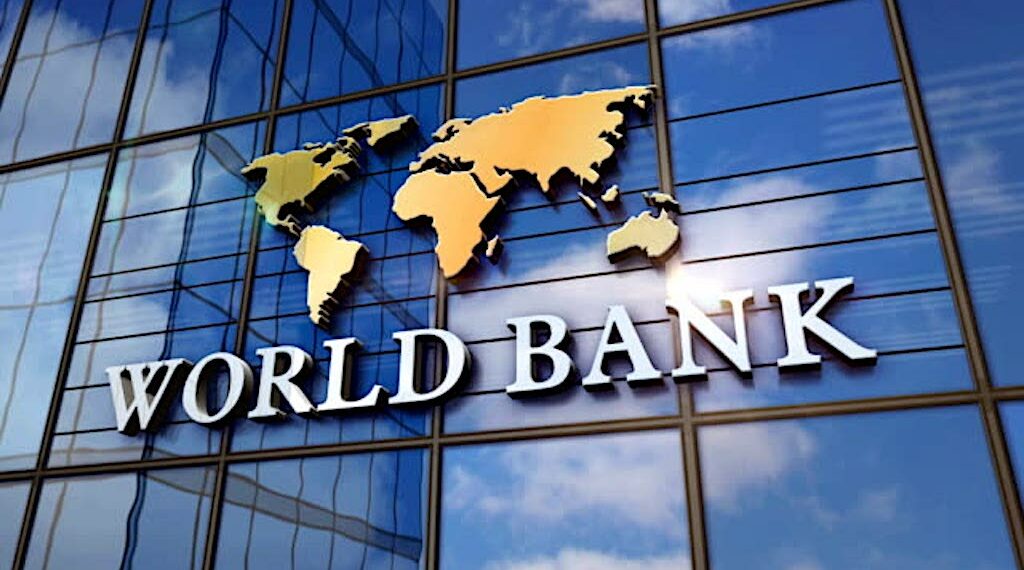
LAGOS, Dec 15, 2023 (BSS/AFP) - The World Bank has recognised the advances of
Nigerian President Bola Ahmed Tinubu's tough economic reforms, but urged more
progress on medium-term fiscal and monetary measures, it said in a report.
Since taking over the presidency of Africa's largest economy in May, Tinubu
has ended a costly fuel subsidy and lifted restrictions on the naira
currency.
Tinubu adminstration officials say the measures are essential to bringing in
more foreign investment, but in the short-term Nigerians are struggling with
higher inflation, tripled fuel prices and a sharply weakened naira.
In its report on Nigeria's development update, the World Bank said reforms
had been "essential" but there was a need to "sustain and fully implement"
them.
"Now is the time to truly turn the corner by ensuring coordinated fiscal and
monetary policy actions in the short to medium term," Shubham Chaudhuri,
World Bank Country Director for Nigeria, said in a press release.
"Continued reform implementation can ensure that Nigeria benefits from the
difficult adjustments underway."
He said that included properly benefiting from "fiscal space" of increased
oil revenues after the end of the fuel subsidy.
The long-standing fuel subsidy cost Nigeria billions of dollars a year to
keep petrol prices artificially low on the local market. Ending it has freed
up much needed revenue.
Floating the naira, which was under a multi-tier exchange rate and currency
restrictions, has also cleared one of the main concerns of foreign investors.
But Nigeria had inflation of more than 27 percent in October and petrol
prices at the pump have tripled with a knock on effect on transport, food and
other costs.
Since May, the naira has lost around 41 percent of its value against the
dollar at the official exchange rate, adding to costs for imported goods and
foreign debt payments.
Africa's most populous nation has seen its poverty rate increase from 40
percent of the population in 2018 to 46 percent in 2023, affecting around 104
million people, the bank said.
Nigeria's objective is to achieve an annual growth of 3.5% over the period
2023-2026 or "0.5 percentage points higher than in a scenario where the
reforms had not been implemented", the World Bank said.
When presenting his budget to parliament at the end of November, Tinubu once
again called on Nigerians to be patient and assured that the negative effects
of his measures would be temporary.